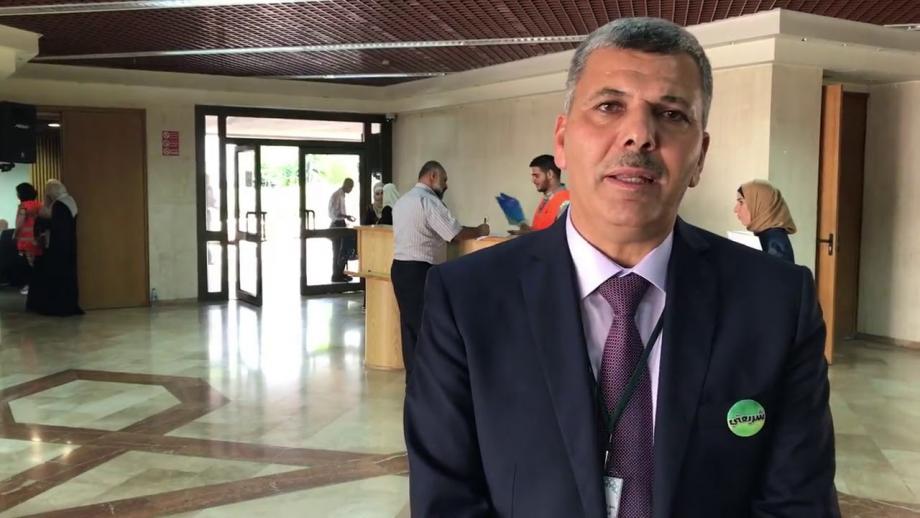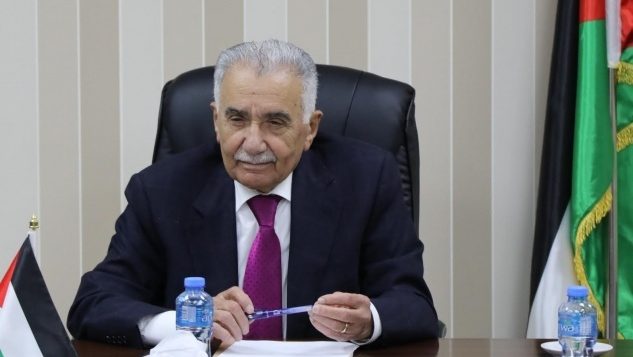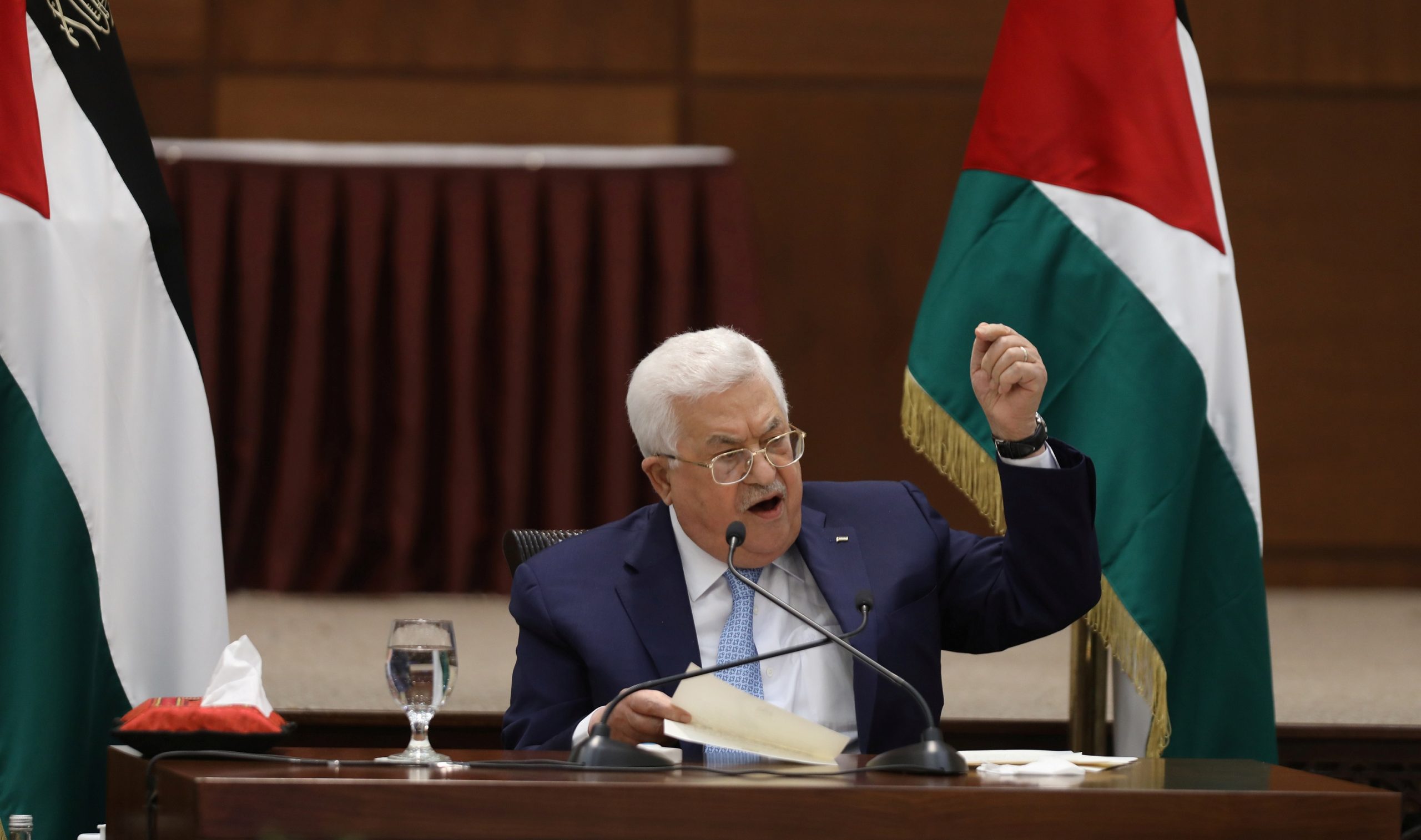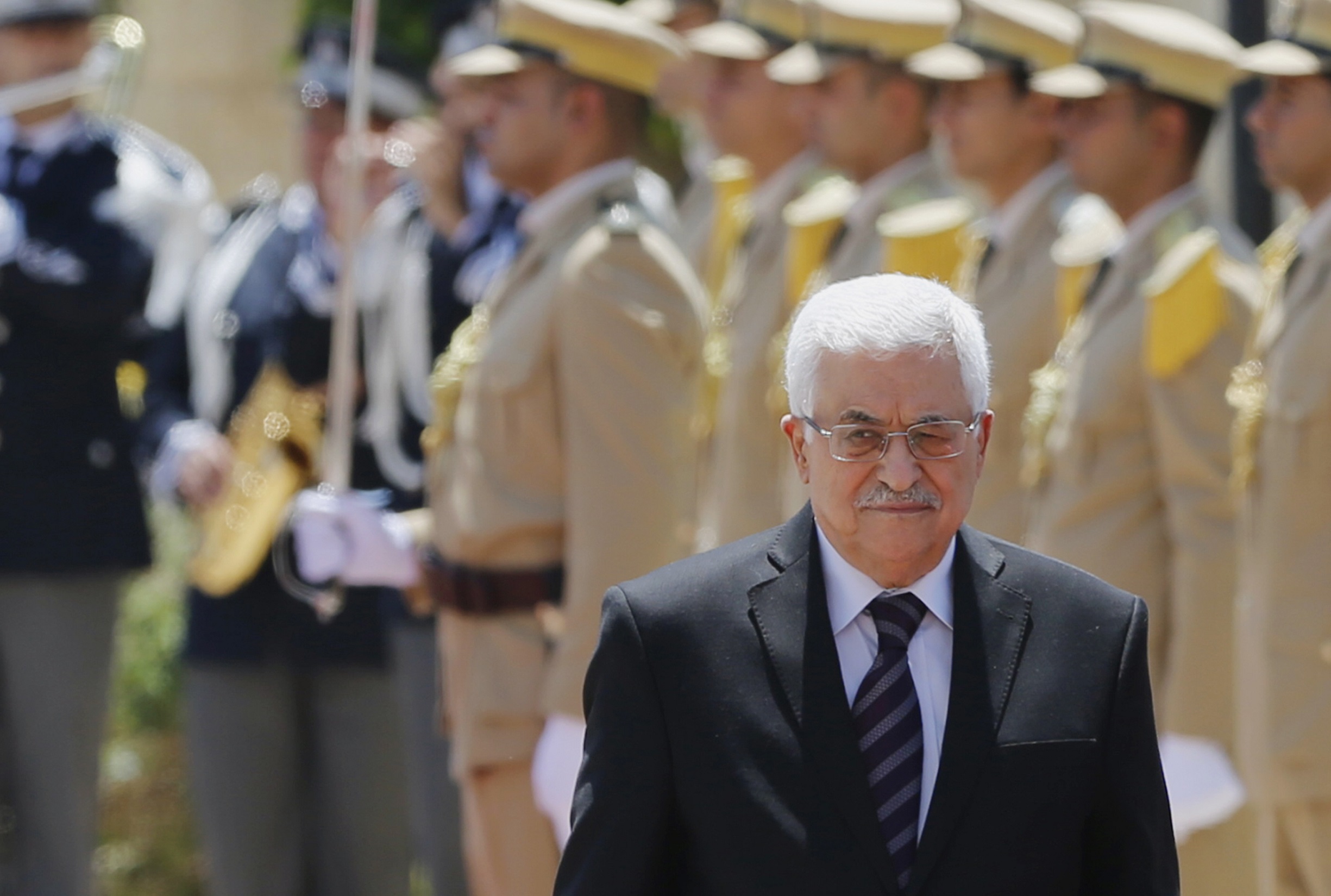Publications
INSS Insight No. 1631, August 15, 2022
Frequent security incidents in the West Bank raise questions about the conduct of Fatah, which is controlled by the Palestinian Authority. Involvement of Fatah members in clashes with IDF forces and cooperation between them and other organizations, especially in the northern West Bank, show Fatah’s lack of central control, the division into factions, and activity based on local instructions. This situation undermines stability across the West Bank, further weakens Abu Mazen’s control, and presents a complex challenge for Israel. Many Palestinians see Abu Mazen as responsible for the internal fracture in the organization and believe he is the primary obstacle to Fatah’s revival. Israel, which is well aware of the fragility of the relative calm in the West Bank and of attempts by Hamas to ignite the West Bank street against Fatah and the PA, must act now to reduce the shocks expected after the departure of Abu Mazen.
The decision by Abu Mazen to cancel the elections for the Palestinian Legislative Council and the presidency, scheduled for May 2021, may one day prove to be a turning point in the history of the Palestinian national movement and Hamas in the Palestinian territories. The decision was taken against the backdrop of increasing Hamas power in universities, trade unions, and local authorities. It deepened the crisis of trust between the public and the Palestinian Authority (PA), further eroded the PA’s legitimacy and made it increasingly irrelevant, and heightened the calls for reform in Fatah, the largest of the organizations that comprise the PLO. Decisions by the PLO’s Central Council and subsequent appointments by Abu Mazen outraged the public in general and Fatah in particular. The most controversial appointment was that of Hussein al-Sheikh, the minister of civil affairs, as general secretary of the PLO Executive Committee. This move was perceived publicly and by the Central Committee and various Fatah bodies as Abu Mazen’s indication that he has selected al-Sheikh as his successor.
Recent events in the West Bank likewise demonstrate the leadership crisis in Fatah. There is no control or leadership in the various regions where the organization is present, and the regional factions do not obey the instructions of the central leadership. Activists who want to demonstrate their power and presence gather armed men, cooperate with competing organizations, and make decisions independently. This is illustrated clearly by collaboration between armed Fatah activists in the Jenin and Nablus areas with Islamic Jihad and Hamas activists in clashes they initiate with the IDF, which regularly entered these areas until the onset of Operation Breaking Dawn (August 5-7, 2022). Shots by armed men, who many Palestinians believe were affiliated with Fatah, were fired at Dr. Nasser al-Din al-Shaer, a lecturer at an-Najah University in Nablus affiliated with Hamas. This incident is one of many examples of the proliferation of weapons in the West Bank and the diminished capacity of the PA to strike fear in its people and maintain security stability. Al-Shaer is a senior figure who served as a minister and deputy prime minister in the first Haniyeh government, established after the 2006 elections. Had he been killed, the resulting clashes would have been between Hamas and Fatah, and would have quickly spilled over toward Israel. Nevertheless, a month has passed since the shooting, and the findings of the investigation ordered by Abu Mazen to bring the perpetrators to justice have not yet been published.

Another sign of rivalry and disunity in Fatah is that its members ran on separate lists in local government elections, which offered an opportunity for independent candidates and those affiliated with Hamas to win. Such candidates won victories in important cities such as Tul Karm, el-Bireh, and Hebron. Fatah also lost power in a number of municipal councils across the West Bank.
The victory of the Hamas student list in student council elections at Bir Zeit University and the victory of the Hamas-affiliated list in the elections of the Palestine Doctors Association reflect growing popular support for Hamas and diminishing support for Fatah. Angry strikes by lawyers and other unions also reflect substantial discontent, which is a result of Palestinian Authority conduct – decisions made independently, and deep-rooted nepotism and corruption among senior officials. Mutual appointments by ministers of each other’s children to senior positions in PA institutions are a particularly glaring example. Public exposure of these appointments led to widespread frustration and rage, along with demands for transparency and accountability.
Within Fatah, criticisms of corruption have also intensified. Former head of intelligence and current member of the Fatah Central Committee Tawfik Tirawi accused Abu Mazen advisor and High Judicial Council head Issa Abu Sharar of corruption, and concluded that Abu Mazen is subordinate to the advice of his advisors – which leads, in his words, to decisions that encourage corruption. In response, Abu Mazen made a “dictatorial” decision. Instead of holding elections within the Fatah movement, he removed Tirawi from his job as chairman of the Board of Trustees of al-Istiqlal University.

Outrage in public discourse has focused on inequity in government appointments and in the management of capital-intensive projects, which are redirected to benefit specifically the inner circle of Fatah. The Palestinian people thus lose out on the benefits of investments in such projects.
Against this backdrop of Fatah’s declining control, what will become of Fatah after Abu Mazen exits the political stage? Will Fatah lose its movement base and its status as the leader of the national movement? In the absence of an alternative, what must Fatah do to continue to be the backbone of national leadership? Will this arena be ceded to Hamas, which enjoys widespread public support?
Noteworthy differences between the Gaza Strip and the West Bank are relevant in this context. Israel’s current Gaza policy has proven itself. Allowing 15,000 workers from Gaza to work in Israel has benefited the local economy. This move, which brings substantial cash flow into the Strip, creates work, offers hope to young people, creates security stability, and apparently was one of the factors that prevented Hamas from entering the fray during Operation Breaking Dawn between Israel and Islamic Jihad. In the West Bank, however, in spite of efforts by Minister of Defense Benny Gantz efforts to coordinate with and strengthen the Palestinian Authority through relief measures and economic gestures, there are no signs of improvement. This is due to the PA’s desire to connect economic development to a parallel political process, as well as to the many divisions within Fatah, the lack of a national leadership capable of eradicating corruption, and the overlooking of thousands of restless unemployed young university graduates.
Fatah is in urgent need of renewal, a change of image, and of revived legitimacy. One possible way to attain these ends would be by holding internal elections that must be clean, take place without the interference of the older generation, and not exclude any group from participation. Such elections must be secret, not involve security elements, lead to the establishment of a new Central Committee and new general secretaries for each election region, town, and refugee camp, and choose a deputy to the President, Abu Mazen. Such elections may also allow the eighth convention of Fatah to take place; it was postponed several times over the past year due to disagreements over the agenda and the list of participants. However, it is doubtful that Fatah has the ability to carry out such a process when, according to many observers, the central figure causing its disintegration is Abu Mazen, and as long as he heads the organization such change will not occur.

On the day after Abu Mazen, without any reconstructive process, mass protests against the PA may break out, which like in many past cases may turn into widespread clashes with Israeli forces in the West Bank. This may require Israel to intervene and take control over the entire region. Hamas would exploit such a development, take advantage of its support across the West Bank, encourage protests, make shows of force, and perhaps even compel the international community to engage in dialogue with it.
Israel, which has the greatest influence over events in the Palestinian arena, is aware of the wide-ranging consequences of this scenario for its security. It must prepare immediately in order to reduce the negative impact of this potential outcome. Israel will find it difficult to respond to a broad popular Palestinian demand to hold general elections or establish an agreed inter-organizational Fatah-Hamas mechanism for selecting Abu Mazen’s successor. Abu Mazen, who won the 2005 elections, was then considered the preferred candidate of both Israel and the senior Fatah leadership, and was accepted by the majority of the Palestinian public as the legitimate president. Whoever will replace him will need to pass this same test and will not be considered legitimate without elections or consensus among the different factions about his appointment. Hussein al-Sheikh, who was positioned by Abu Mazen in the most advantageous starting point for succeeding him, is not well-liked by Fatah members, both because of his underwhelming skills in comparison to competitors, and because of perceived corruption. It is doubtful that he could win elections or be recognized by all factions as the leader of the Palestinians. Fatah must therefore stabilize its public image before the departure of Abu Mazen, and rehabilitate itself so that it can be perceived as more legitimate than it is today.
Israel must thus urgently engage in discussions with Abu Mazen and his inner circle and clarify how gravely it and other regional states view the scenario in which Hamas, which does not recognize Israel’s agreements with the PLO, becomes the leading power in the West Bank. It must try and enlist all relevant figures in the regional and international arenas to find a way to maintain stability in the Palestinian arena and preserve the status of the national stream of the Palestinian movement, and ensure an easy leadership transition on the day after Abu Mazen with as few shocks as possible.



